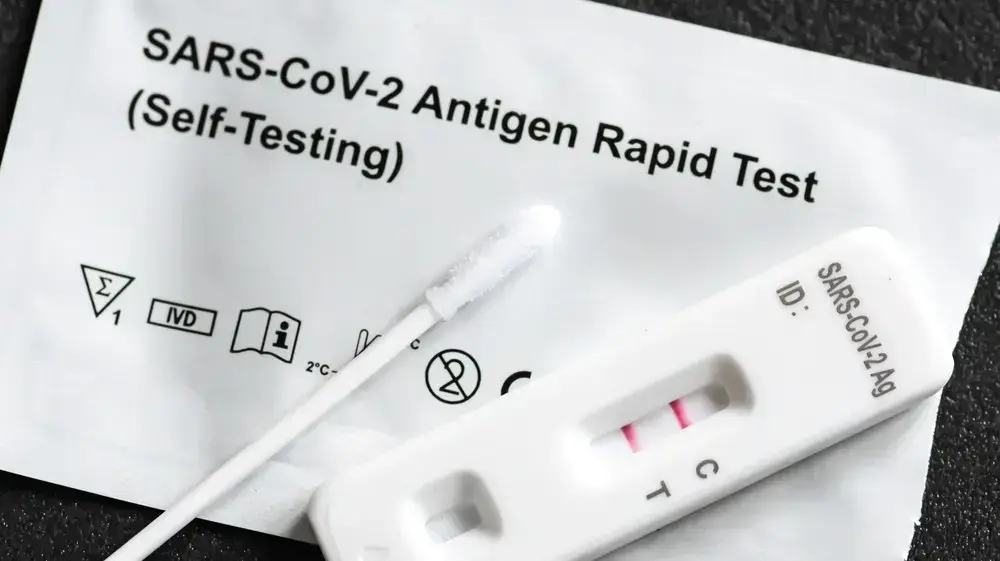They already exist, but they should be a little more widely used within a few days.
So far, saliva tests were recommended for symptomatic people and only as "second intention, that is to say mainly when the nasopharyngeal test is difficult or poorly tolerated", recalled the High Authority for Health (HAS).
They were therefore rather used at the margin.
But the situation changed significantly on February 11.
That day, the HAS widened the possibility of using these tests by recommending to extend them "to contact persons also in second intention" and "especially to iterative screening (repeated,
Editor's note
) in targeted populations", according to the terms by Dominique Le Guludec, president of the College of the Haute-Autorité-de-Santé.
READ ALSO> Saliva
tests authorized in schools, but not in rapid version
The green light from the HAS will therefore make it possible to test more widely and more regularly, particularly in schools and universities.
The reliability of these tests, even if it is lower than that of nasopharyngeal tests, is nevertheless deemed satisfactory by the Haute Autorité de Santé.
In fact, and to put it simply, only the sampling method changes: instead of sticking a swab in your nose, you are asked to spit saliva into a tube.
On the other hand, the method of analysis (PCR) remains the same and they are therefore not so-called “rapid” tests.
In the Senate, on February 10, Olivier Véran announced that he wanted to deploy 200,000 to 300,000 per week from mid-February.









